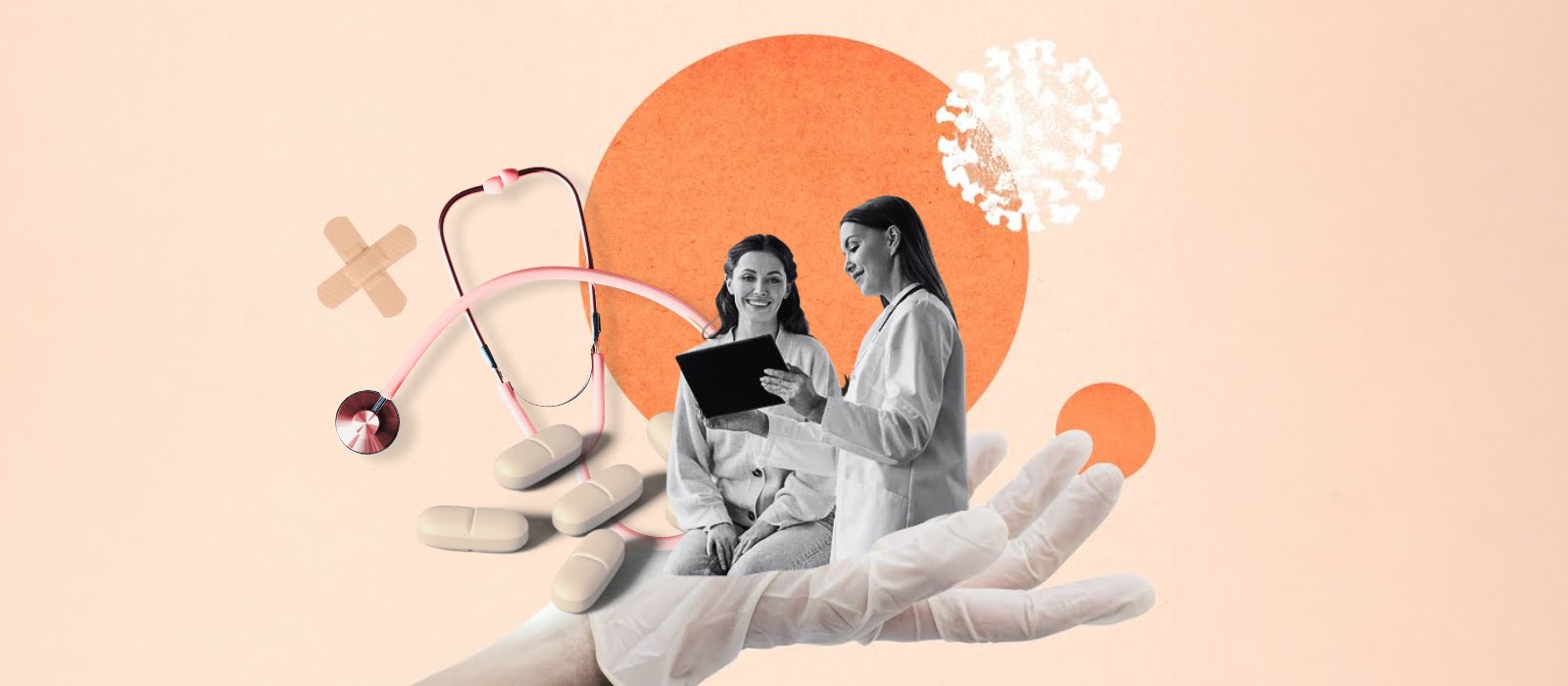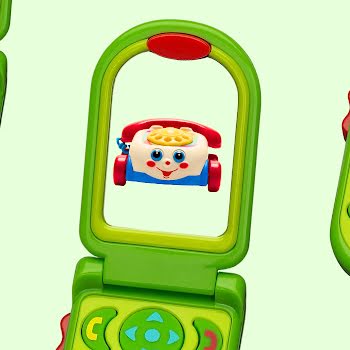Ask the Doctor: ‘Are generic medicines as effective and safe as the branded alternatives?’
All your burning health questions answered by the professionals.
“I have noticed lately that though my doctor has prescribed me certain named medications, my pharmacy has been giving me different ones (with the same ingredients and dosage). They say that these are just not the branded product, but a generic version. Should I be concerned? Are these generic versions as good as the branded item or could they be lacking in quality or effectiveness?”

Answer from Seamus Dunne, Head of Pharmacy Services, Beacon Hospital
Generic medicines are safe copies of well-known medications that contain the same active ingredient as the original product they are based on. They are manufactured to the same quality standards and are just as effective and as safe as the original or brand medicines. A generic medicine may be a different shape or size and come in a different box, packet or bottle. None of these differences, however, affect the way the medicine works.
When a pharmaceutical company develops a new original medicine, it takes out a patent. When a patent’s time period comes to an end, other pharmaceutical companies can make a similar version – a generic – of the original medicine. Generic medicines usually cost less than the original branded product. In this way, generic medicines can save money for patients and the overall health service.
Some medicines may be substituted by your pharmacist. Since 2013, the law in Ireland allows pharmacists to make a substitution in many cases. This is part of getting the best value for patients, the government and the taxpayer for the price of medicines.
The different version of a medicine is only offered to you if it does the same job as the one on your prescription, if it has been included on an Interchangeable List published by the Health Products Regulatory Authority (HPRA), and provided that your doctor has not written “Do not substitute” on the prescription.
In some cases, it may not be possible to switch to a generic medicine. For a small number of products, and for certain patients, it is not advisable to take different versions of a medicine. Your doctor or pharmacist will tell you if you should not change to a generic version of a medicine you are taking. When filling your prescription your pharmacist will explain that a generic is being supplied.
Additionally, you are entitled to ask about a substitution of medicines compared to what is written on your prescription and about any related pricing of the medicine. If you have any questions or concerns you can also discuss the use of generic medicines with your doctor or pharmacist.
More information on generic medications is available from the HSE here, and from HPRA here.
Have a question for the professionals you’d like answered? Get in touch with sarah.gill@image.ie with the subject headline ‘Ask The Doctor’.



















